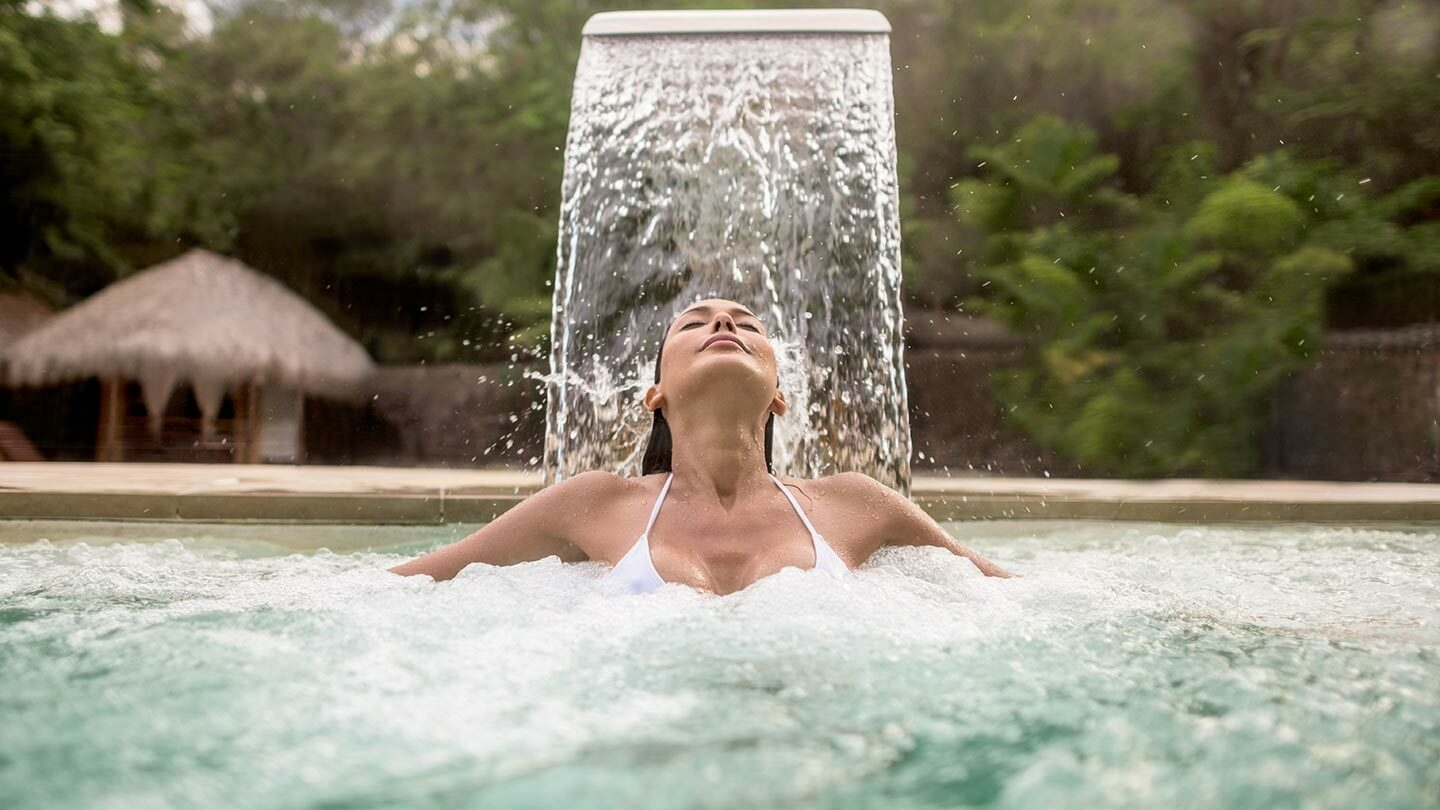Hydrotherapy is a therapeutic whole-body treatment that involves moving and exercising in water; essentially physiotherapy in a pool. Hydrotherapy pools are usually different from ordinary pools - the temperature, pressure and movement of water is controlled and changed according to who's using the pool, and why. However you could have hydrotherapy in any water or pool as it is a lot to do with movement.
Doctors often prescribe a course of hydrotherapy as part of a treatment program. Hydrotherapy sessions are also used by athletes to improve and maintain their general health, and fitness, and by others as part of a healthy whole-body routine.
There is a huge sense of achievement and independence gained from aquatic therapy and water immersion, especially for those who are unable to perform these activities on dry land. The benefits of hydrotherapy also extend to wellbeing.
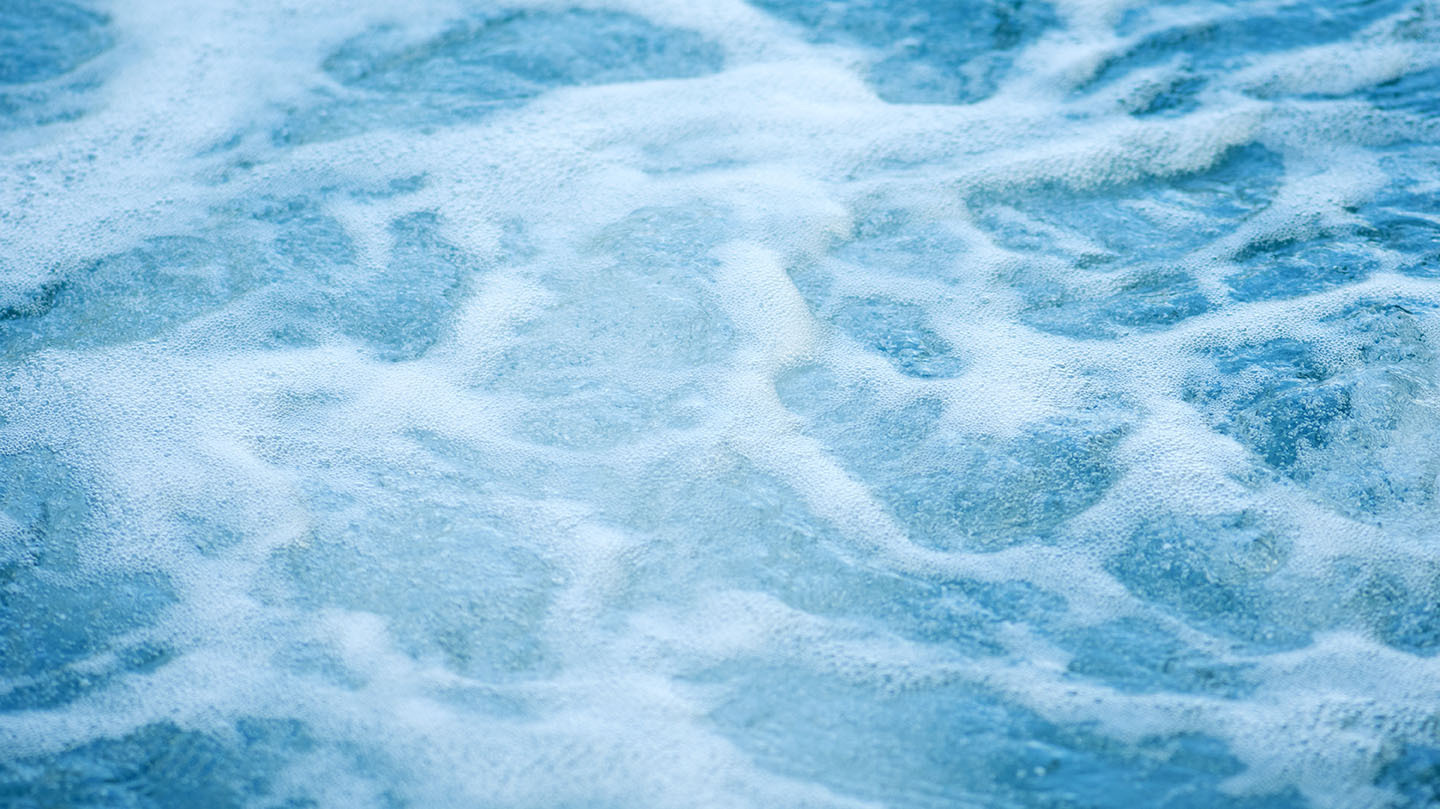
Being immersed, buoyant or massaged in water can relieve our bodies in a variety of different ways, and hydrotherapy can help with many physical and emotional complaints, including
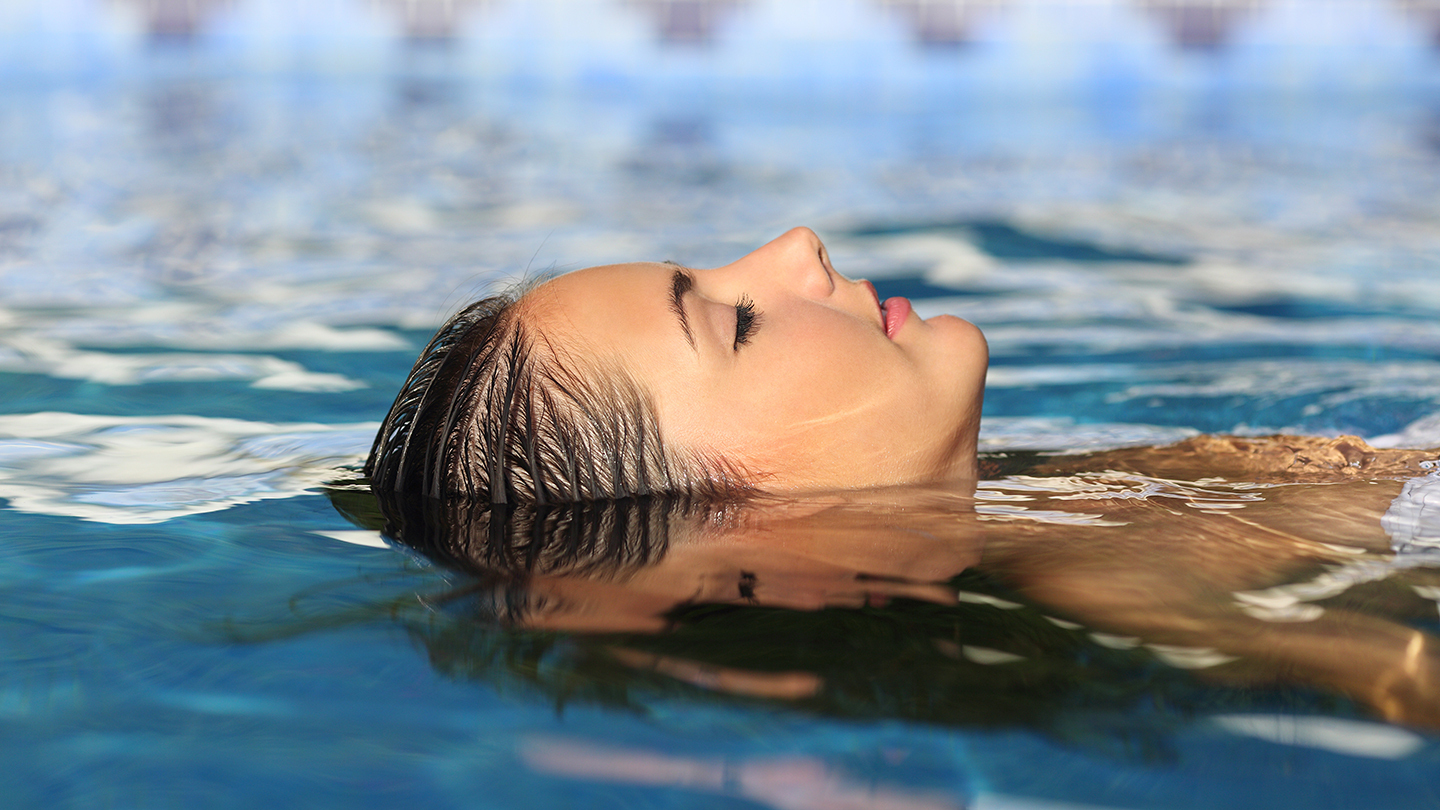
If you're having hydrotherapy at a spa, you might want to call beforehand to see what's actually included. It may only be access to their pools.
Hydrotherapy is often prescribed by a GP or therapist as part of a course of treatment: a program of movements and exercises is tailored to your needs. If you're having hydrotherapy at a spa, you may well be having a more general treatment, in which case just be aware of the power of the water.
You should also tell them if you are, or think you might be, pregnant, as some forms of hydrotherapy may not be suitable for you.
A big meal or alcohol is not a good idea before you go into any pool.
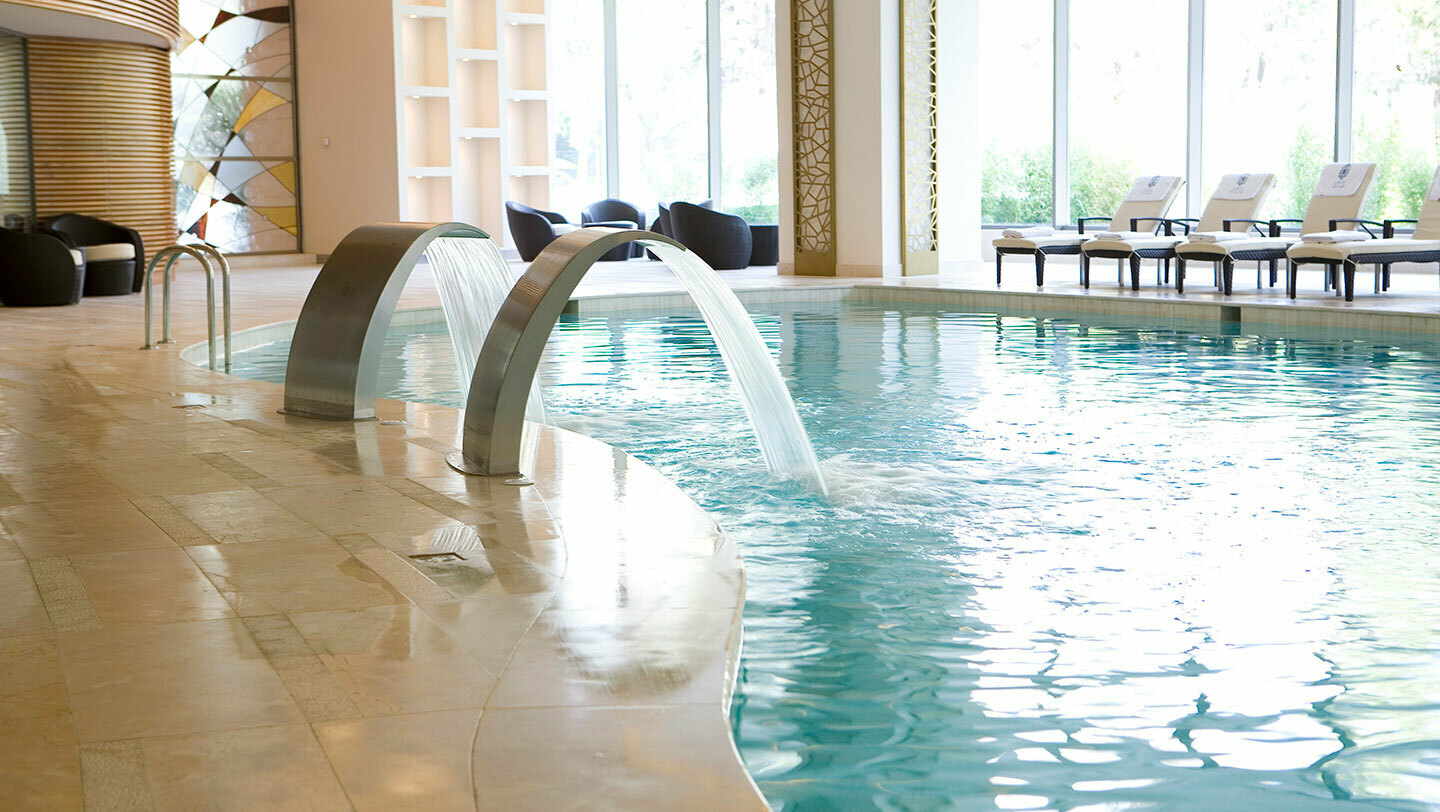
If you are having structured hydrotherapy treatment, your GP or physiotherapist will probably give you an idea of what you'll be doing, and this will depend on what injury or condition you have. On the NHS, hydrotherapy is a supervised exercise session in a pool or series of pools. If you have a long-term, or severe problem - spinal injuries, for example, or stroke - you will probably have one-on-one supervision and assistance from a physiotherapist. Otherwise, you will have floating support (literally!) from a professional who will guide you and others through given exercises. You'll be expected to wear a swimming costume.
At spas, you may find that "hydrotherapy" means access to their facilities rather than a treatment in itself. This is a spa in a Roman sense: baths and swimming pools and showers and whirlpools, in which to spend unsupervised time.
You may well feel tired out afterwards. You might also feel invigorated. Leave yourself a bit of leeway so that you can see whether you feel up to a 10-mile run or a bit of a snooze afterwards.
If you're staying at a spa, you may want to follow your hydrotherapy with a Jacuzzi, sauna or hot shower; you could follow it with a massage or beauty treatment.
Hydrotherapy - like swimming - can leave you feeling pretty hungry.
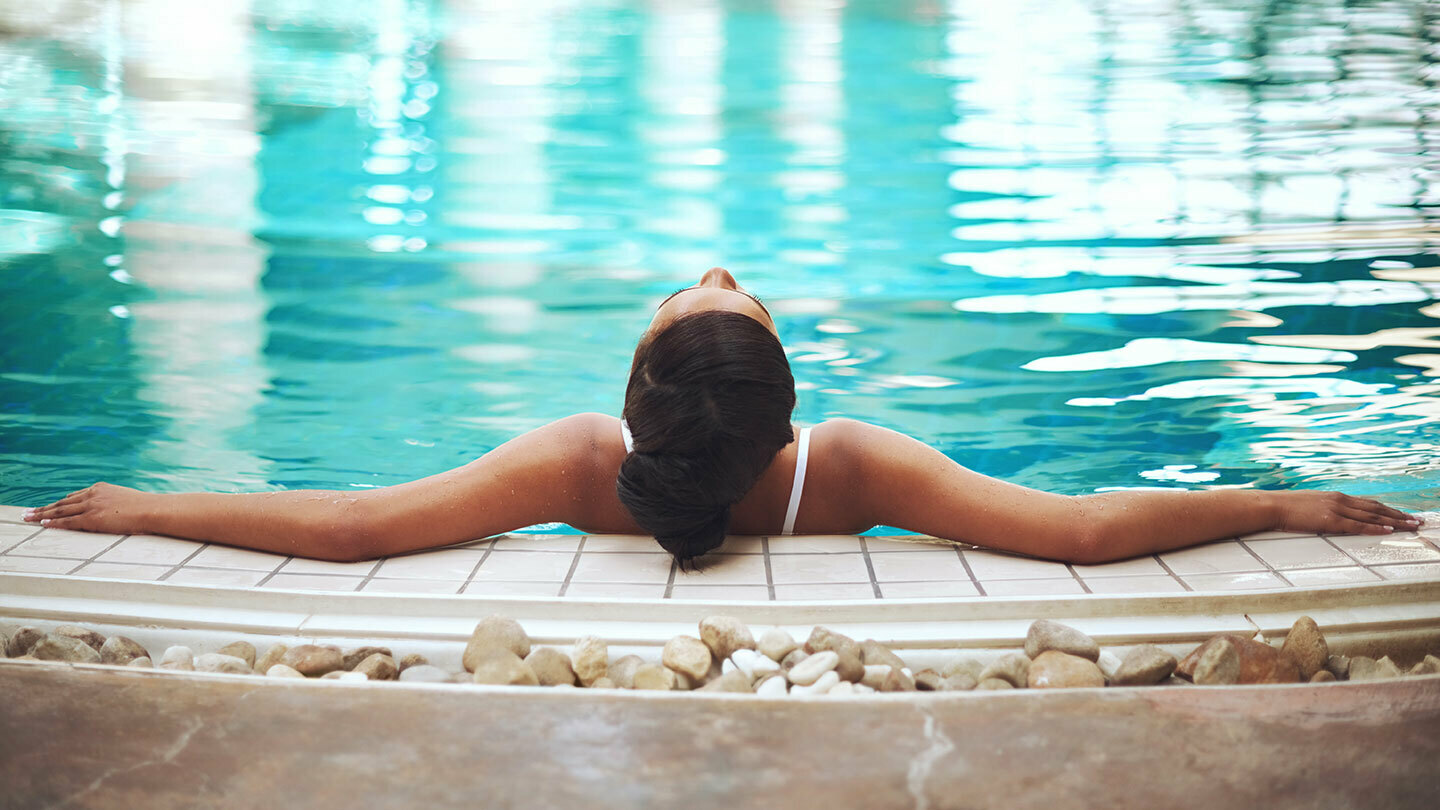
Various techniques and facilities come under the heading "hydrotherapy". These include:
Gentle and more powerful jets of water massage you whilst you are in the pool. The jets of water are usually placed at different heights and areas of the pool so that you can use them on specific parts of your body.
Colon hydrotherapy
Your basic enema, colon hydrotherapy is carried out with water to really sluice you out and rid you of your toxins.
Kneipp system
Named after Father Sebastian Kneipp who devised them, these are herbal and mineral baths of different temperatures, from which you derive various health benefits; the Kneipp system of hydrotherapy is combined with purifying diet, exercise and spiritual practices.

Scarlet Spy
25th April 2014
Spy Likes:
Nature-inspired spas, cold water plunges, sound baths, deep tissue massage, delicious food.
Spy Dislikes:
Thin walls in treatment rooms, lounger hoggers, soggy robes, bright lights.
